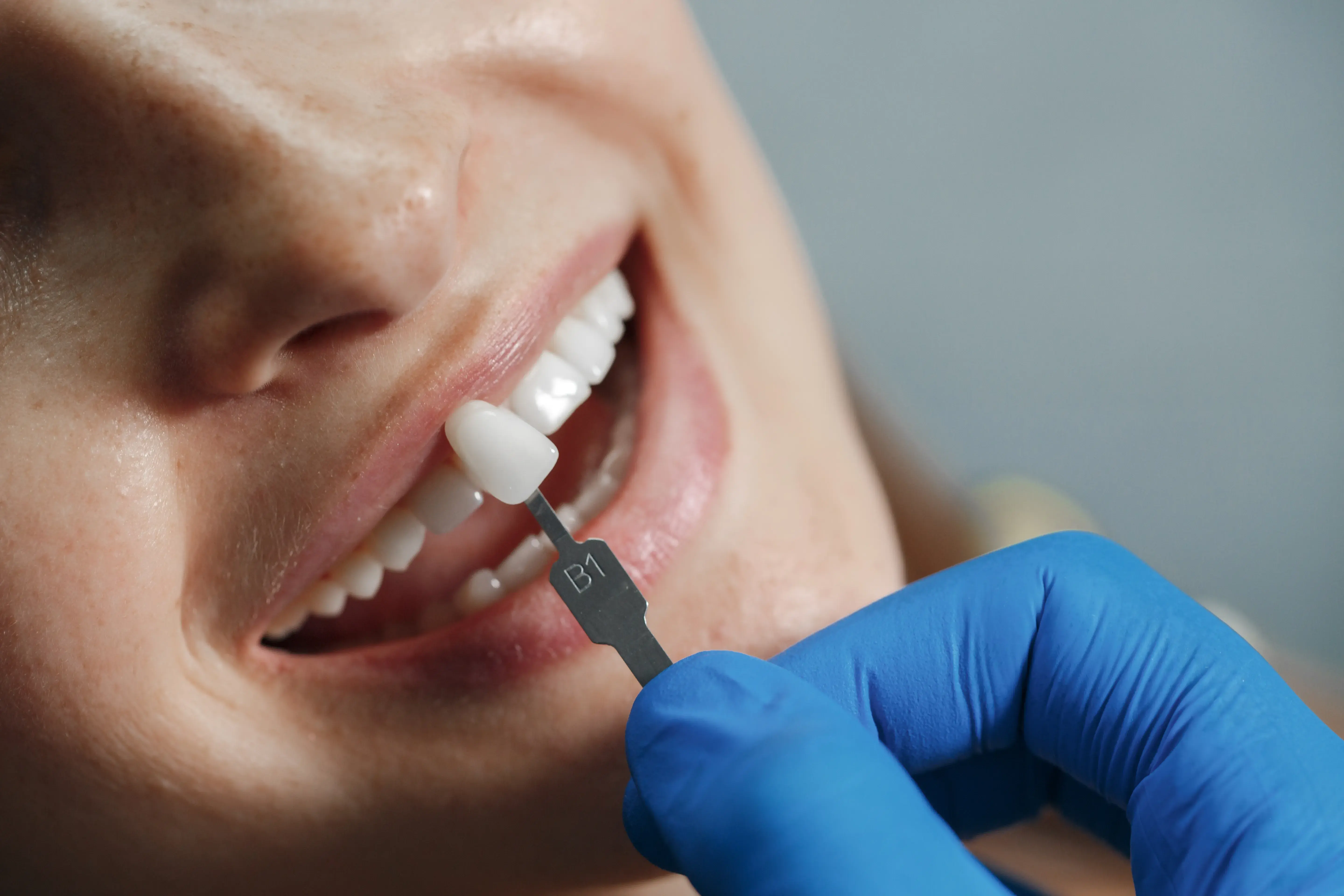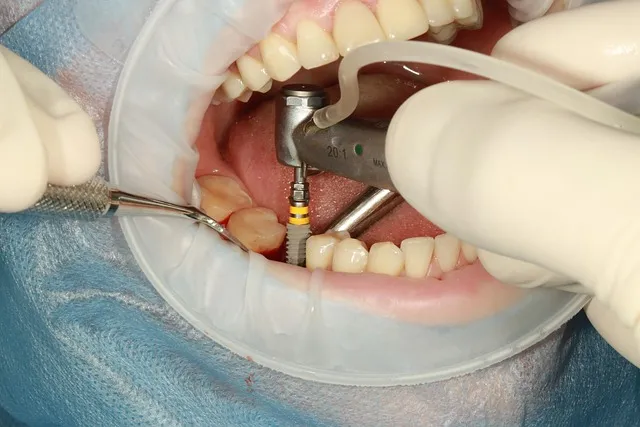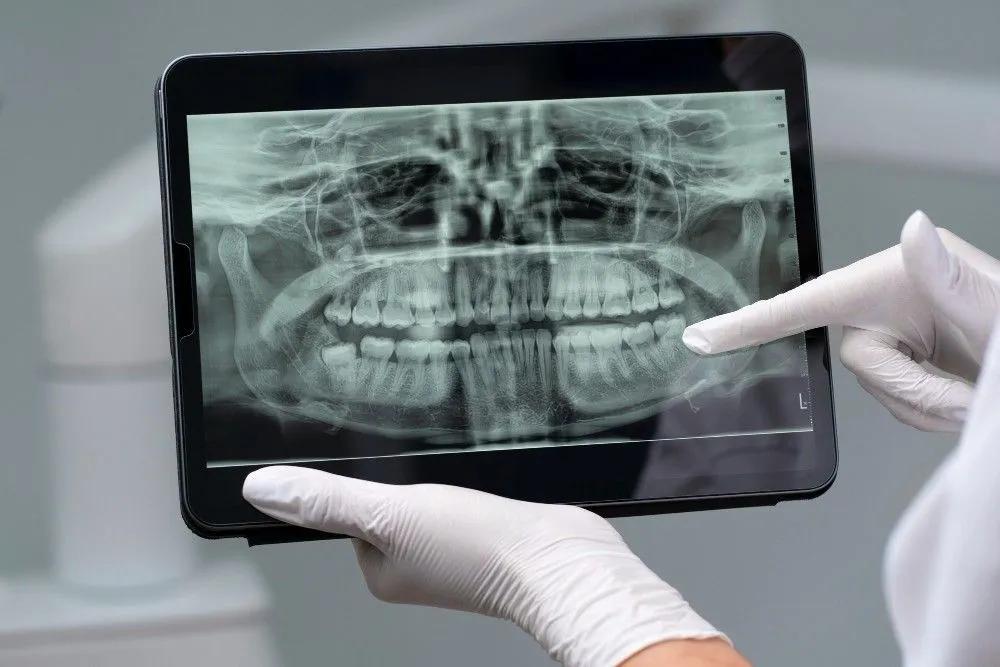Tooth extraction is a common dental procedure that involves removing a damaged or diseased tooth from the socket in the jawbone. Although tooth extractions are generally safe and routine, proper aftercare is crucial to ensure a smooth and rapid recovery. Tooth extraction aftercare Also ensures proper healing and reduces the risk of complications.
Whether you have just undergone a simple extraction or a more complex procedure, following these guidelines can help you achieve a comfortable and successful recovery. So, if you're looking for information on how to take care of yourself after a tooth extraction, read on to learn more!
 Here are some common guidelines for aftercare following tooth extraction:
Here are some common guidelines for aftercare following tooth extraction:
What is tooth extraction?
Tooth extraction is a reasonably fast outpatient process undertaken by a dental surgeon or oral surgeon under local, general, intravenous, or combination anesthesia. Visible tooth extraction is a simple excavation. Broken, below-the-surface or impacted teeth necessitate a more active procedure.What are the types of tooth extraction?
The type of tooth extraction required is determined by the tooth's size, shape, position, and placement in the mouth. Extractions can be classified as easy or surgical by dental surgeons. A simple extraction involves a tooth visible just above the gums and can be removed in one piece by a dentist A surgical extraction is more involved, requiring the removal of gum tissue, jawbone, or both. The surgeon may have to extract the tooth in parts. Wisdom teeth are the final to erupt and are frequently the first to require extraction since they impact many people. This indicates that they have not completely erupted from the gums.When to eat after tooth extraction?
You can eat about an hour after the surgical procedure if you remove the dressings sponges your doctor placed in your mouth. For the first 24 hours following surgery, adhere to soft foods and avoid anything hot or cold. Although it may seem counterintuitive, drinking through a straw should be avoided until you fully heal because suction can unseat the blood to clot and lengthen your healing time. Also, Read 13 Causes of Gum Swelling After Tooth Extraction And How To Get Relief15 things to consider for Tooth extraction aftercare -
 Here are some common guidelines for aftercare following tooth extraction:
Here are some common guidelines for aftercare following tooth extraction:
1. Get Enough Sleep -
Tooth removal may not appear to be a major process, but it is, in fact, quite invasive! Getting plenty of rest and relaxation after your process is critical to enable the extraction site to heal properly. It's best to maintain your head as upright as possible to avoid consistent blood flow and clot formation.2. Brush slowly and gently -
Brush your teeth gently, avoiding brushing near the extraction site. A blood clot forms around the tooth root within hours of the extraction. Brushing with too much pressure may unseat the clots and cause complications. As a result, brush as gently as feasible to avoid removing the blood clot.3. Do not rinse your mouth -
While you may be urged to clean or rinse to wash your mouth, avoid doing it during the first 2 days as it can slow clot formation or even unseat a clot that is forming.4. Obtain Your Fluids -
Drinking water keeps your tooth enamel clean and bacteria-free while keeping your entire body hydrated. After your tooth extraction, drink plenty of water to maintain the extraction site clean and prevent infection. However, avoid drinking through a straw because the slurping motion can disrupt the extraction site.5. Avoid Smoking -
Tobacco use harms your health and increases your chances of acquiring a parched socket, which frequently leads to infection.6. Don't Consume hard and chewy foods -
To eschew food particles and germs accumulating in the extraction site, eat soft, nutrient-dense food products after extraction.7. Take care of any inflammation or pain -
After your dental extraction, you may experience normal swelling or pain lasting at least three days. Retain an ice pack on hand to relieve any inflammation or pain. To help reduce swelling, keep ice on your cheek for 10-minute increments. Also Read: 10 Home Remedies for Gums pain relief8. Take your prescription medication -
Your dentist may prescribe drugs or recommend you take pain relievers. You may also be given antibiotics to treat any possible infection. Take pain relievers as needed, and finish the antibiotics as directed. This provides relief and lowers the likelihood of complications.9. Allow time for the Removal Area to clot -
It is normal for you to experience bleeding following your tooth extraction. You may change your dressings for up to 60 minutes after your process, but the removal site will eventually form a clot, preventing further bleeding. Enabling a clot to form increases the risk of infection, so maintain the extraction site free of food particles.10. Don't disrupt the Clot -
Although it may feel peculiar to be lacking a tooth, you must avoid trying to poke around the extraction point with your tongue or another object while it heals. If you suspect something is wrong, contact your dentist immediately and have them thoroughly examine the area.11. Consuming carbonated or alcoholic beverages should be avoided -
Both liquor and carbonated drinks can harm the Clot in your treated area and lead to complications, so refrain from consuming those for at least 3 - 4 days within a week of your extraction.12. Please do not spit -
While enhanced saliva and blood flow are common after tooth extraction and spitting may appear simple, spitting puts a strain on the mouth and can interfere with blood clotting. Instead, tilt over the wash basin and let the blood and saliva drain.13. Aspirin should not be taken -
Contact your dentist if you believe the swelling is excessive and painful. Take no pain relievers, especially aspirin, as this can cause a blot clot to form around the extraction site.14. Using Straw -
Drinking through a straw causes a sucking motion that can unseat your bleeding, raising the likelihood of blood loss and dry sockets. For at least two days, avoid using straws.15. Avoid sneezing or blowing your nose -
It is particularly true if you are having your upper teeth extracted. The pressure from trying to blow your nose and coughing or sneezing can help to dislodge the Clot. If you can't help but sneeze, keep the mouth open to relieve pressure. Also Read: 10 Ultimate Home remedies for tooth infectionHow long does the pain occur after the tooth extraction?
It is not unusual for an individual to feel pain after an impacted tooth's extraction. The duration of this pain varies, but it usually lasts one to 4 weeks. It can last for five months or more in some cases. Although tooth extraction is painful, your dental hygienist or orthodontist can eliminate the pain with local anesthesia and pain control medications during the procedure. They will also suggest over-the-counter or prescription medications to help you handle postoperative discomfort. Although everyone heals at a varying rate after tooth extraction, most people experience gentleness in the region that lasts for only a few days.Faqs -
Conclusion -
Tooth extraction removes a troublesome tooth completely, preventing future issues. Proper Tooth extraction aftercare is essential as it promotes clotting and protects the extraction region during healing. The majority of uncomplicated extractions should recover in 7 to 10 days. Anyone with worsening symptoms following a tooth extraction must consult our dentist.Frequently Asked Questions
What Else Can You Expect Following the Procedure?
The removed gum will form a blood clot. It is critical to protect the blood clot because it aids in healing.
Is it okay if one can smoke after the extraction?
If the blood clot breaks away or splits, the gum can be exposed, resulting in a dry socket. Not only will it interfere with the healing process, but it may also create bad breath and pain.
How can you reduce the pain after tooth extraction?
No, smoking will delay recovery and may increase pain after surgery. Avoid smoking to recover as soon as possible after the tooth extraction.
Tagged in
Tooth Decay

Reviewed by







